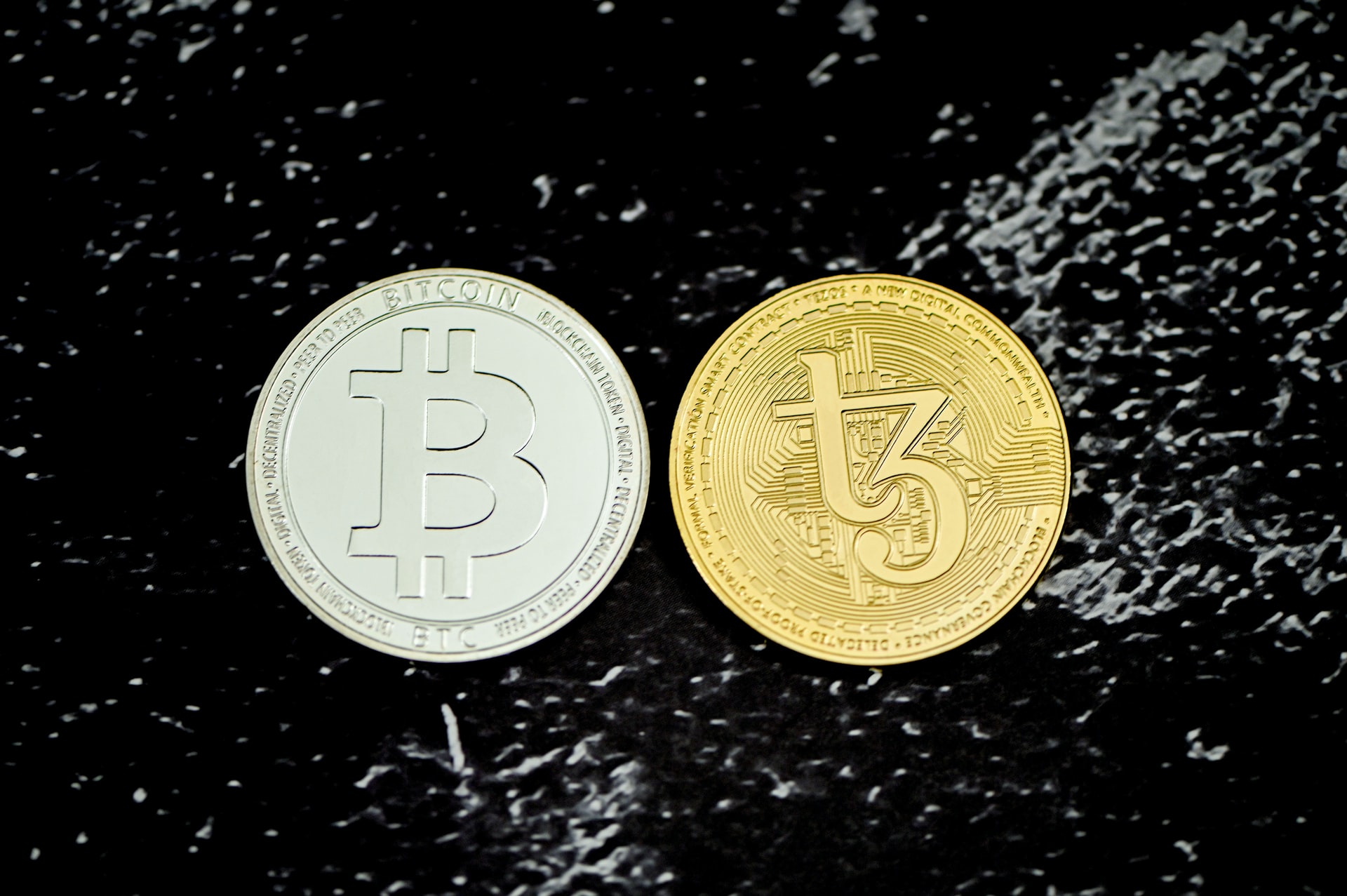Bitcoin mining is a process of adding transaction records to Bitcoin’s public ledger of past transactions. This ledger of past transactions is called the blockchain. The blockchain serves to confirm transactions to the rest of the network as having taken place. Bitcoin nodes use the blockchain to differentiate legitimate Bitcoin transactions from attempts to re-spend coins that have already been spent elsewhere. You can also explore bitprime gold for further information.
Mining is intentionally designed to be resource-intensive and difficult so that the number of blocks found each day by miners remains steady. Individual blocks must contain proof of work to be considered valid. This proof of work is verified by other Bitcoin nodes each time they receive a block. Bitcoin uses the hashcash proof-of-work function.
The primary purpose of mining is to allow Bitcoin nodes to reach a secure, tamper-resistant consensus. Mining is also the mechanism used to introduce Bitcoins into the system: Miners are paid any transaction fees as well as a “subsidy” of newly created coins. This both serves the purpose of disseminating new coins in a decentralized manner as well as motivating people to provide security for the system.
Bitcoin mining is so-called because it resembles the mining of other commodities: it requires exertion and it slowly makes new units available to anybody who wishes to take part. An important difference is that the supply does not depend on the amount of mining. In general changing total miner hashpower does not change how many bitcoins are created over the long term.
Luxembourg has become a hub for Bitcoin and blockchain activity in recent years. The country is home to a number of Bitcoin and blockchain startups, as well as some of the biggest names in the industry.
In May 2018, the government of Luxembourg announced that it was working on a legal framework for ICOs. The move was seen as a way to attract more blockchain businesses to the country.
Luxembourg is also home to one of the world’s leading cryptocurrency exchanges, Bitstamp. The exchange was founded in 2011 and is currently headquartered in the country’s capital, Luxembourg City.
Mining is an important and integral part of Bitcoin that ensures fairness while keeping the Bitcoin network stable, safe, and secure. Links from trusted sources such as the official Bitcoin website, Bitcointalk forum, and Reddit can help you locate good mining pools.
When choosing a mining pool, make sure to inquire about fees, payment methods, minimum payouts, and other important details. Also, be sure to research the reputation of the pool before joining.
Once you’ve joined a mining pool and have set up your bitcoin mining hardware, it’s time to start earning bitcoins! Simply enter your wallet address and begin mining.
To increase your chances of winning blocks, it is often necessary to join a larger mining pool. The increased hashing power of the pool allows for a greater chance of finding blocks and receiving rewards.
In addition to joining a reputable mining pool, it is also important to use high-quality bitcoin mining software. This will ensure that your hardware is used to its fullest potential and that you are able to monitor your progress and earnings.
When it comes to earning bitcoins, there is no one-size-fits-all approach. Every miner has different needs and goals. As such, it is important to tailor your bitcoin mining strategy according to your own specific circumstances.
With that said, here are some general tips and tricks for bitcoin mining in Luxembourg:
1. Join a reputable mining pool: As mentioned earlier, joining a reputable mining pool can increase your chances of finding blocks and earning rewards. Visit Bitcoin forums and chat rooms to get recommendations from other miners on which pools are the best.
2. Use high-quality bitcoin mining software: In addition to joining a reputable mining pool, it is also important to use high-quality bitcoin mining software. This will ensure that your hardware is used to its fullest potential and that you are able to monitor your progress and earnings.
3. Tailor your bitcoin mining strategy: Every miner has different needs and goals. As such, it is important to tailor your bitcoin mining strategy according to your own specific circumstances. Consider factors such as your budget, the hashrate of your hardware, and your electricity costs before deciding on a mining approach.
4. Stay up to date on Luxembourg’s cryptocurrency regulations: The government of Luxembourg has been supportive of cryptocurrency and blockchain technology. However, it is still important to stay up to date on any potential regulations that could impact your bitcoin mining activities.
5. Stay informed and engaged with the Bitcoin community: The Bitcoin community is full of passionate and helpful people. By staying informed and engaged with the community, you’ll be able to learn about new developments in the industry and receive valuable advice from experienced miners.
By following these tips and tricks, you’ll be well on your way to becoming a successful bitcoin miner in Luxembourg!



 Bitcoin
Bitcoin  Ethereum
Ethereum  Tether
Tether  XRP
XRP  Solana
Solana  USDC
USDC  TRON
TRON  Cardano
Cardano  Lido Staked Ether
Lido Staked Ether  Avalanche
Avalanche  Toncoin
Toncoin